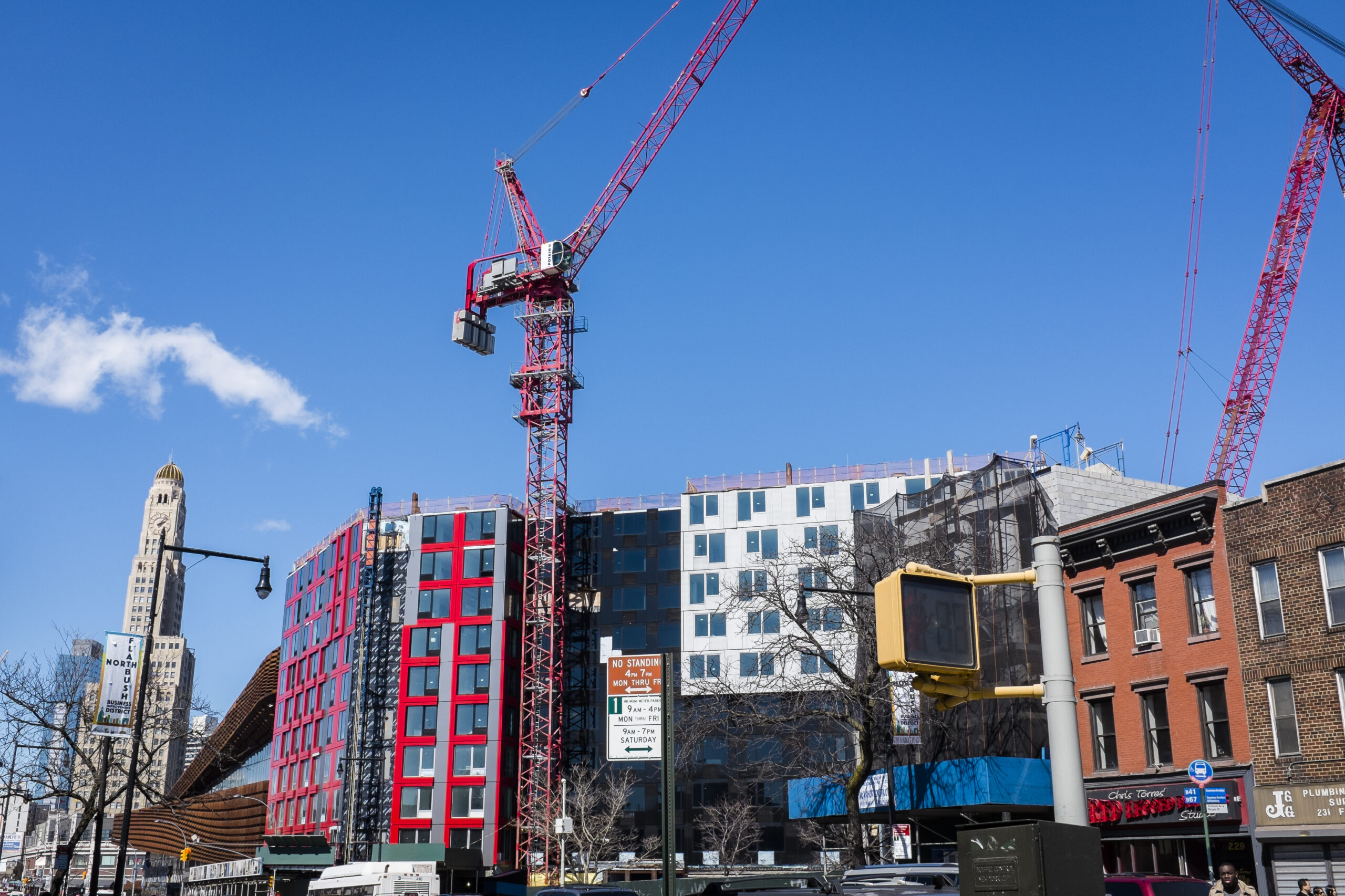Election Day is just over two weeks away, and among the various proposals up for consideration is Ballot Measure 2R, which would add an extra 0.5% sales tax to fund affordable housing in Denver.
If passed by voters, Mayor Mike Johnston’s ballot measure, which was put on the ballot with a 9-4 vote by the Denver City Council, will use the estimated $100 million gained per year to build and preserve affordable housing for low and middle-income families and individuals.
Johnston also announced the Affordable Denver Funding Initiative in July, which would create an estimated 44,000 new homes in the next ten years to help solve Denver’s affordable housing crisis. This would more than double the housing units he promised to build during his campaign.
It’s clear that Denverites desperately need them. Between 2000 and 2022, wages in Denver rose 110% while the cost of housing rose 220%. A study by Common Sense Institute found that between 31,000 and 49,000 housing units will have to be built to meet Denver’s population growth by 2028 and close the housing deficit.
“What we know is if we do nothing, 10 years from now, all of those Denverites will be gone,” Johnston said. “They will have been pushed out or priced out or moved out to someplace else. And that is a future we refuse to accept.”
These concerns have caught up to voters as well. Regardless of where they stand politically, people across the state have identified affordability as one of their highest priorities, as did the Denver Metro Chamber of Commerce at its State of the City event.
A bipartisan poll from the Colorado Health Foundation in July found that more than 70 percent of Denverites are worried they can’t afford to stay in Colorado, and nine in ten parents believe their children won’t be able to.
Proponents of Ballot Measure 2R, led by the mayor, say that it is an aggressive and imperative solution to the housing shortage. Where critics contend that the policy is vague, supporters argue that its flexibility allows it to be responsive to changes in the economy and the housing market in future decades.
“Denver can’t afford to wait,” said Johnston.
Still, some remain skeptical that the tax will actually fix the problem, alleging that the benefits of raising taxes on everyday expenses won’t do enough to outweigh the harms. The sales tax for purchases in Denver is 8.81% but the proposal would raise it to 9.35%.
If passed, Ballot Issue 2Q for Denver Health Funding, also on the ballot in November, would bring that total to 9.65%.
The many other sales tax increases Denver voters have passed in the last few years, one of which was to address solutions for homelessness, have amounted to a 30% rise in sales taxes since 2018. Johnston’s 2025 budget proposal includes $60 million on top of the $100 million dedicated in 2024 of both state and city funds for affordable housing.
Councilor Kevin Flynn argued that the measure does more to add pressure onto already struggling Denverites than it does to relieve it.
“How many new added fees and tax increases does it take to make us affordable?” said Flynn. “That strikes me as counterintuitive. And so I wonder, where does it end?”
Councilmembers Flor Alvidrez, Stacie Gilmore, and Amanda Sawyer voted with him against Ballot Measure 2R, pointing to concerns about the ambiguity of the measure.
“I’m still going to be a ‘no’ on referring it to the ballot because I take my responsibility of good governance really seriously, and I can’t explain what this is going to look like to my constituents,” said Gilmore.
Denver City Council passed several amendments to the measure before they voted to put it on the ballot, including an amendment submitted by Sawyer, that will terminate the tax increase in 40 years.
“At $100 million a year for 40 years, that’s $4 billion, so if we can’t solve this in a generation and a half and $4 billion, we can’t solve this,” said Sawyer.
With similar sales tax increases on the ballot in Adams County and around the country, the fate of Ballot Measure 2R is officially up to the voters.











